Artificial Intelligence and the Project Manager
Projects by their nature are complex and good project managers have a sixth sense in identifying and overcoming problems. How can Artificial Intelligence help the project manager? How can AI improve project delivery?
Project managers are the catalyst to get projects moving, to get funding, get resources, get agreement from stakeholders etc. Artificial Intelligence (AI) is potentially a useful tool in helping project managers get things done.
This article looks at six areas that AI can help project management. The majority are more helpful integrations and automation.

1.Communication
One of the most difficult things to get right in a project.
- What to communicate?
- How to communicate?
- Who to communicate it with?
Different stakeholders have different areas of focus. The finance manager could request a financial report in the format needed to track budget allocation (CapEx versus OpEx). Likewise, the project manager requests a project progress report to present to the stakeholders which are generated by AI. Each stakeholder has its own focus and perhaps the first implementation of AI could be in suggesting appropriate reports or metrics for different stakeholders.
One of the most commonly used chat clients is Slack which has a number of features to aid communication:
Slacks Workflow builder that allows the creation of custom digital workflows. It can be helpful in building a process for repetitive tasks or bringing new team members up to speed quickly.
Slack’s announcement features uses Machine Learning to identify the most relevant messages and threads that you may have missed whilst you were away on holiday. With the average user sending 70 messages a day this can be a handy feature to know what to focus in on. This article provides a more detailed analysis of the feature.
Atlassian the makers of Jira, has just introduced a “no code” tool which allows for automation of simple rules. Project managers can use a simple drag and drop interface to create “if this then that automation” without the need to get a developer involved:
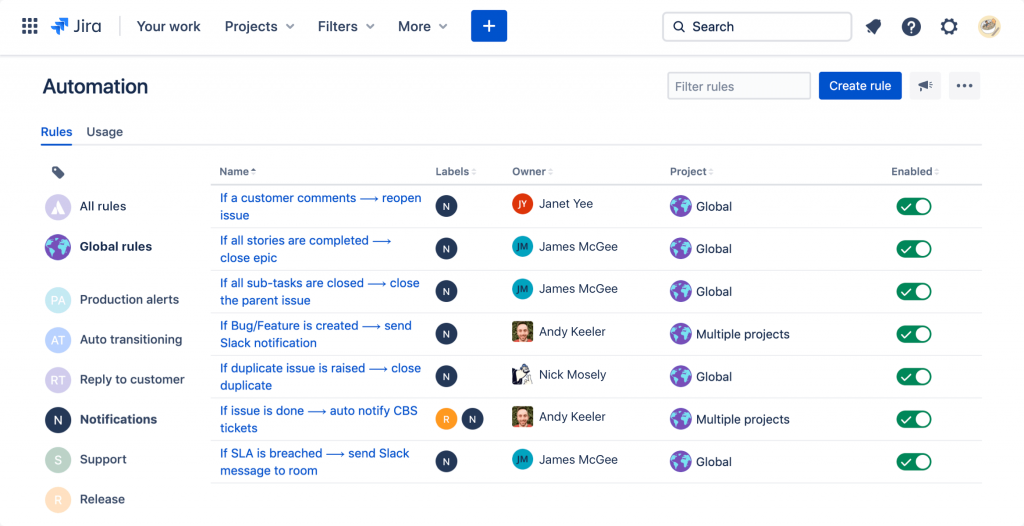
2.Resource management
Self-organising teams should be efficiently organising themselves to accomplish tasks. This is an area where AI could make suggestions based on past performance, ability and availability.
One interesting solution for this is Redbooth. Which offers a suite of tools including kanban boards, calendars, visual project timelines and detailed productivity reports that helps the team to plan their delivery.
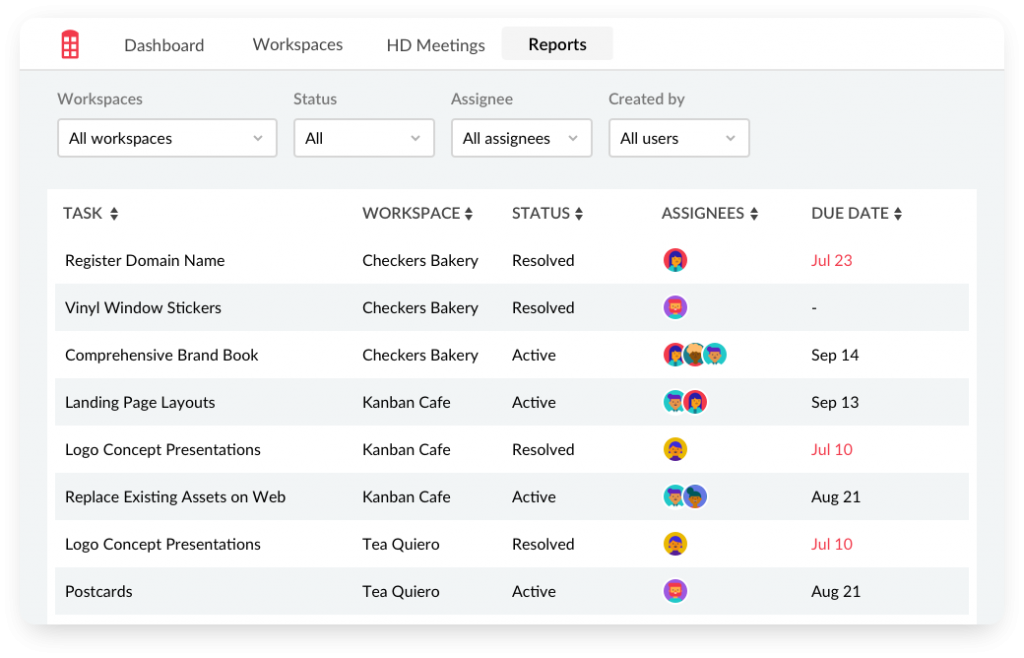
3.Documentation
AI can be used to help the PM reference bugs or scope documents.
Stratejos.ai is a tool that will integrate with Slack and make suggestions. It provides some intelligent integrations with Jira, Trello, GitHub and more.
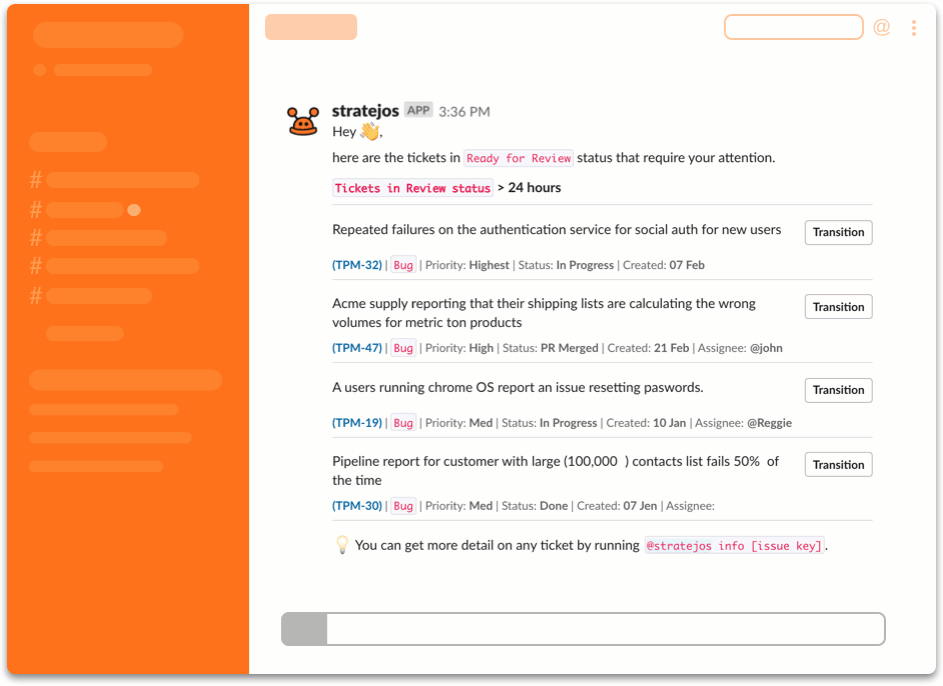
4.Build automation
When writing code and doing commits to the code base there are lots of tools. For example this integration with Jira and Bitbucket to run the necessary tests once a new build has been deployed and update Jira accordingly.
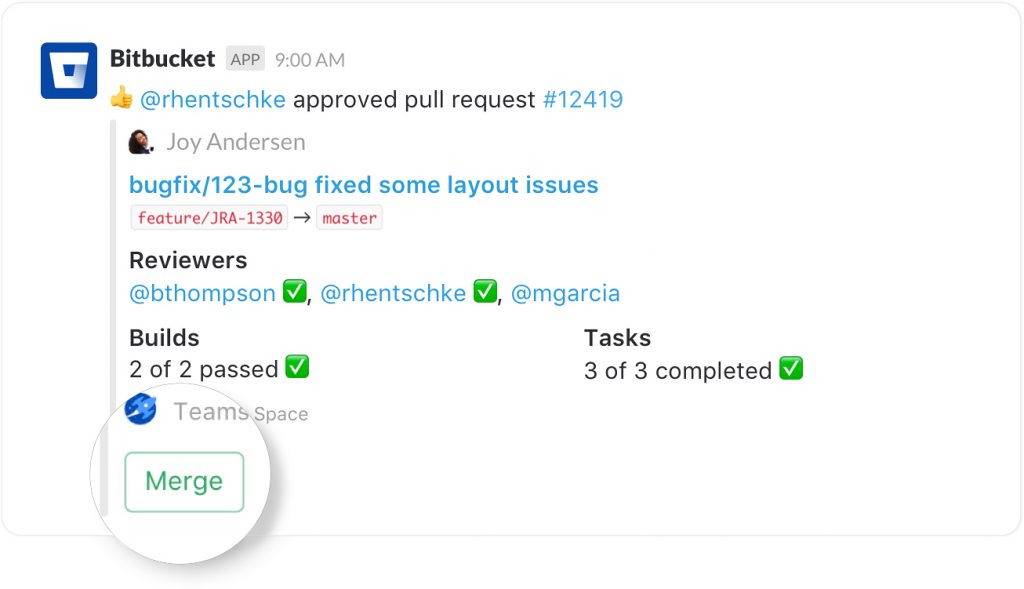
5.Risk prediction
AI could be useful at spotting patterns in projects and suggesting things to look out for. It could analyse all the lesson learned from previous projects and use machine learning to monitor current projects and make suggestions on ways to avoid the same pitfalls.
The skill of a project manager is in identifying these risks early on and flagging them appropriately to the relevant stakeholders.
For example, this article, “Can artificial intelligence identify your most effective project managers” is a bit of a humorous look at some project manager stereo types, but I think it has got a lot of truth in it.
In short, an effective project manager is going to be someone who has the intuition and experience to know what to question and when to dig deeper.
6.Project Planning
How about using an analysis of your previous projects to anticipate how long your next project will be. That is an approach being pioneered by a London Startup nPlan:
Using detailed project-plan-level data with information on individual tasks, deep learning and artificial intelligence can identify patterns of similarity among project tasks, hierarchies and precedent relations. A London-based start-up, nPlan, is doing this now. The company uses data from tens of thousands of construction projects involving millions of tasks combined with natural language processing techniques to predict project durations and delays. The combination of rich data and proprietary AI capabilities allows nPlan to generate highly accurate and useful forecasts for project completion dates, including information about the risks of delay. Here, AI algorithms learn which patterns are most useful for predicting delays, relaxing the need to declare a reference class upfront.
Use Data to revolutionize project planning – Yael Grushka-Cockayne is an associate professor at Harvard Business School.
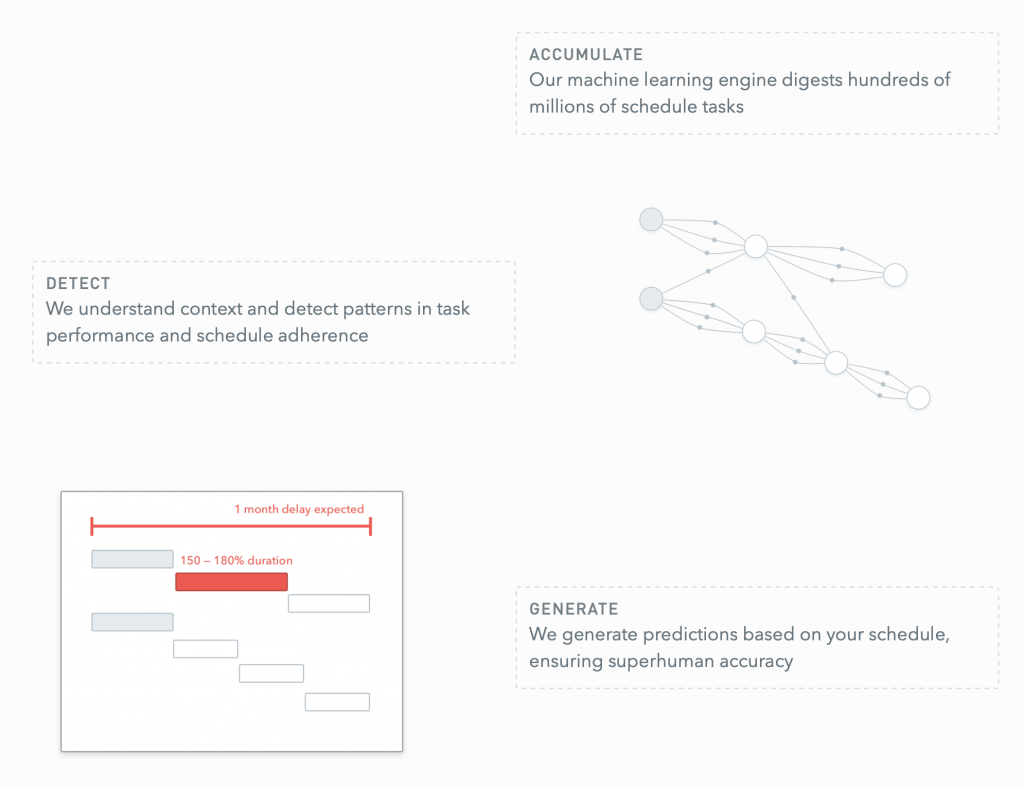
The whole area of project planning and understanding the complex dependencies in each industry is a ripe area for improving project delivery using AI.
Conclusion
In conclusion, the idea that AI could one day replace the project manager still seems far-fetched. On the other hand, there are certain areas where AI could certainly help in project delivery. At the end of the day, a human project manager will always understand people and the soft skills of emotional intelligence needed to work with other people.
There are many tools or automation that are available to get the job done more efficiently and smartly.
As in every industry the trend is for automation and making things work autonomously with a high degree of predictability. The skilled project manager needs to adapt and use these tools.
Each has their own strengths and abilities to bring to the project:
Project manager strengths
- Collaborative intelligence
- Emotional intelligence
- Resolving human disputes
- Engaging stakeholders (discussions on scope, risk and budget)
- Managing risk, scope and budget
- Making sure the project realizes the benefits and answers the business case it has been built for.
AI strengths
Some examples of the potential that AI could be used to enhance a project:
- Spotting trends in projects through machine learning.
- Automating repetitive administrative task
- Running checklists
- Tracking progress
- Record keeping and reporting i.e Collating financial reports
Together a collaboration between the project manager and the AI tools makes a formidable team in delivering better projects.
What AI tools do you use in your projects to help make the project smoother? I’d be interested to know your comments.
References
AI in Project Management – Forbes
Applications of AI in Project Management
The rise of Artificial Intelligence in the Workplace
Confronting the risk of artificial intelligence
Can artificial intelligence identify your most effective project managers
